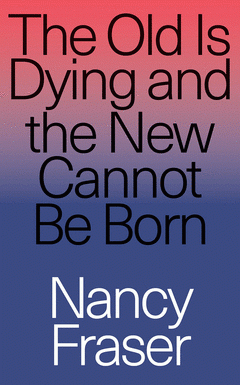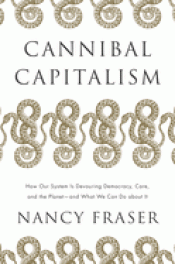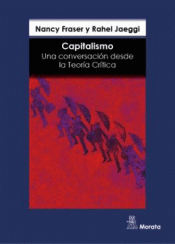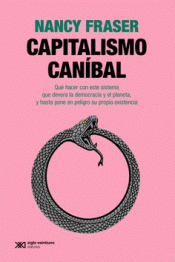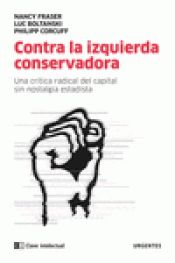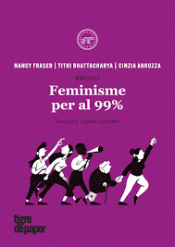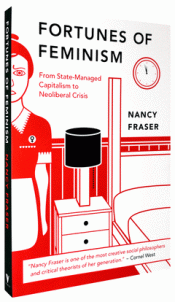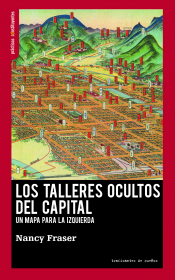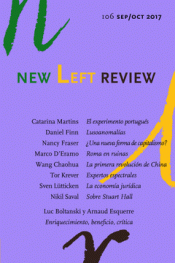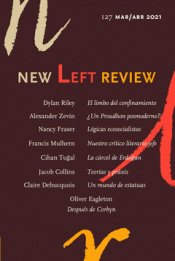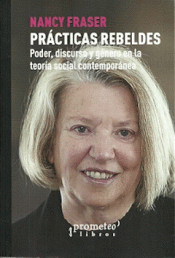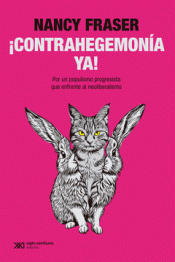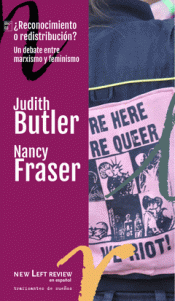Neoliberalism is fracturing, but what will emerge in its wake?
The global political, ecological, economic, and social breakdown, symbolized by Trump?s election, has destroyed faith that neoliberal capitalism is beneficial to the majority. Nancy Fraser explores how this faith was built through the late twentieth century by balancing two central tenets: recognition (who deserves rights) and distribution (who deserves income). When these begin to fray, new forms of outsider populist politics emerge on the left and the right.
These, Fraser argues, are symptoms of the larger crisis of hegemony for neoliberalism, a moment when, as Gramsci had it, «the old is dying and the new cannot be born»
In an accompanying interview with Jacobin publisher Bhaskar Sunkara, Fraser argues that we now have the opportunity to build progressive populism into an emancipatory social force.
Reviews
«Nancy Fraser is one of the most creative social philosophers and critical theorists of her generation.»
Cornel West
THE OLD IS DYING AND THE NEW CANNOT BE BORN
AUTOR/A
FRASER, NANCY
Nancy Fraser, es profesora de Filosofía y Política «Henry A. y Louise Loeb» en la New School for Social Research. Es autora (con Axel Honneth) de Redistribution or Recognition? A Political-Philosophical Exchange (¿Redistribución o reconocimiento? Un debate político-filosófico, Madrid, Morata 2006), Justice Interruptus: Critical Reflections on the Postsocialist Condition (Iustitia Interrupta: Reflexiones críticas desde la posicion «postsocialista», Santafé de Bogota, Universidad de los Andes, 1997), y de Unruly Practices: Power, Discourse, and Gender in Contemporary Social Theory (Prácticas rebeldes: Poder, discurso y género en la teoría social contemporánea). Su próximo libro es Adding Insult to Injury: Debating Redistribution, Recognition and Representation (Además de injurias, insultos: Debate sobre redistribución, reconocimiento y representación).

